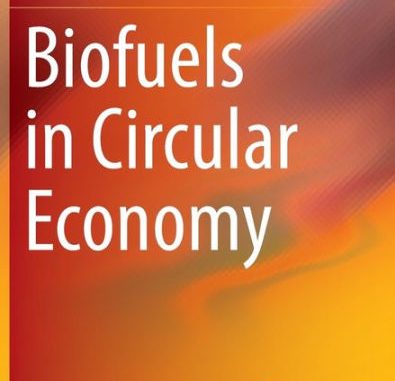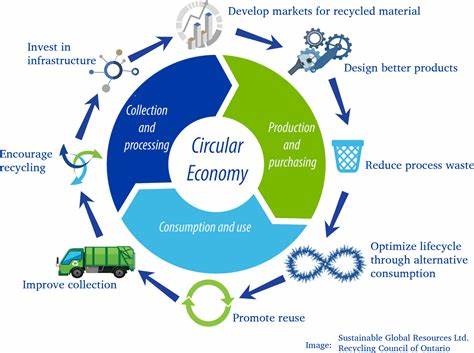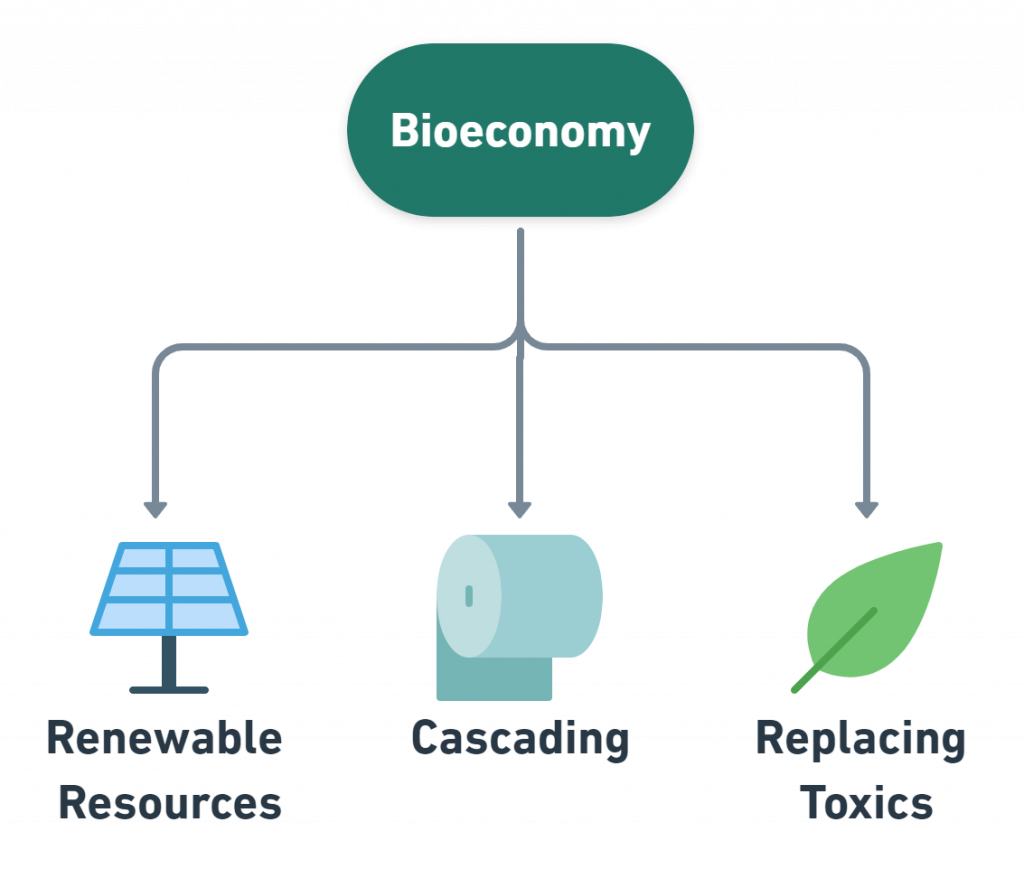
Biofuels and the Circular Economy: A Leadership Perspective
Introduction
In recent years, there has been growing attention towards biofuels and the circular economy as potential solutions to environmental challenges and drivers of sustainable development. This article aims to provide a comprehensive view of biofuels and the circular economy from a leadership perspective, emphasizing their relevance and importance in today’s world. By exploring the role of leaders, policy frameworks, and emerging trends, we can gain valuable insights into how biofuels and the circular economy can shape the future.
Historical Background
To fully understand the current state of biofuels and the circular economy, it is essential to delve into their historical background. Biofuels, which are derived from renewable resources such as plants and organic waste, have been utilized for centuries. However, it wasn’t until the 21st century that biofuels gained significant attention as a viable alternative to fossil fuels. On the other hand, the concept of the circular economy is relatively new and focuses on the reduction, reuse, and recycling of resources to minimize waste and environmental impact.
Key Concepts and Definitions
In the context of leadership, biofuels can be defined as sustainable alternatives to conventional fuels that have the potential to reduce greenhouse gas emissions and promote energy independence. From a leadership perspective, the circular economy refers to a system where resources are utilized efficiently, waste is minimized, and products are designed for reuse or recycling. Understanding these key concepts is crucial for leaders to drive change and promote sustainable practices.
Main Discussion Points
The Role of Biofuels in the Circular Economy:
Biofuels play a vital role in the circular economy model by utilizing organic waste and agricultural residues to produce renewable energy. This approach reduces reliance on fossil fuels and contributes to a more sustainable energy system. Moreover, the use of biofuels can have significant environmental and economic benefits, including reduced carbon emissions and job creation in the renewable energy sector. Successful initiatives integrating biofuels and circular economy principles have showcased the potential for a more sustainable future.

Leadership Approaches in Promoting Biofuels and the Circular Economy:
Leaders have a crucial role to play in driving the adoption of biofuels and circular economy practices. They can implement strategies and initiatives to promote the use of biofuels, such as investing in research and development, incentivizing renewable energy projects, and collaborating with stakeholders. Successful leadership examples in the biofuels and circular economy sector can inspire others to take action and create real change.
Policy and Regulatory Frameworks Supporting Biofuels and the Circular Economy:
Supportive policies and regulations are essential for the growth of biofuels and the circular economy. Governments can provide incentives, subsidies, and mandates to encourage the production and use of biofuels. Existing policies and regulations already in place play a crucial role in promoting biofuels and circular economy practices. However, challenges and opportunities exist in implementing effective policy and regulatory frameworks, requiring continuous evaluation and improvement.
Case Studies or Examples
Real-world examples and case studies can demonstrate the impact of biofuels and the circular economy in various industries or regions. These examples highlight successful leadership initiatives and their outcomes, showcasing the potential for widespread adoption. By exploring these case studies, valuable lessons can be learned, enabling leaders to replicate successful strategies and overcome challenges.
Current Trends or Developments
Recent trends in the biofuels and circular economy sector indicate a growing focus on innovation and technological advancements. New research findings related to biofuels and the circular economy provide insights into the potential of these sectors and help identify areas for improvement. Emerging technologies and innovations are influencing the future of biofuels and the circular economy, offering opportunities for further development and implementation.

Challenges or Controversies
Implementing biofuels and circular economy practices comes with its share of challenges. Common challenges include the availability and accessibility of feedstock, technological limitations, and regulatory hurdles. Furthermore, controversies and differing viewpoints surrounding biofuels and the circular economy from a leadership perspective exist, with debates on the sustainability and efficiency of biofuels. To address these challenges and controversies, leaders can work towards developing innovative solutions, fostering dialogue, and conducting rigorous research.
Future Outlook
The future implications of biofuels and the circular economy in the context of leadership perspective are promising. As leaders prioritize sustainability and environmental stewardship, the adoption of biofuels and circular economy principles is expected to increase. Potential advancements and opportunities in the field include increased collaboration between industries, technological breakthroughs, and the development of new biofuel feedstocks. Further research and development are essential to unlock the full potential of biofuels and the circular economy.
Conclusion
In conclusion, biofuels and the circular economy represent a critical area of focus for leaders in driving sustainable development. By understanding the historical background, key concepts, and main discussion points, leaders can navigate the challenges and controversies surrounding this topic. The future outlook for biofuels and the circular economy holds immense potential, making it imperative for leaders to stay informed and engaged.




